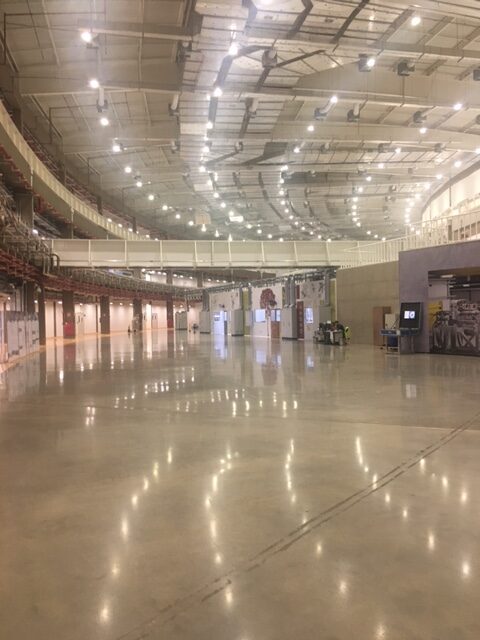

 10/10/2023
10/10/2023Campinas, a vibrant industrial city located 90 km from São Paulo, has become the beating heart of a scientific collaboration between the University of Turin (UniTO) and the University of Campinas (UniCamp), one of the most prestigious academic institutions in Brazil. The UniTO delegation, which arrived in Brazil, was warmly welcomed by the Rector of UniCamp, Prof. Antonio Jose de Almeida Meirelles, a prominent figure with a clear and passionate vision on the mission of his university.
The day’s activities began with parallel meetings between Italian and Brazilian researchers, creating a platform for sharing knowledge and expertise. Prof. Luisella Celi had the opportunity to visit a vast “fazenda” (500 sq. km!) where EMBRAPA, the Brazilian Foundation for Agricultural Research, is conducting innovative research on: biological control, soil fertility and carbon sequestration. Among EMBRAPA’s initiatives in Campinas, beekeeping and the production of bio-fertilizers and bio-pesticides have proven to be of particular relevance.
Prof. Varese visited the Coleção Brasileira de Micro-organismos de Ambiente e Indústria (CBMAI/DRM) at UniCamp’s Paulinia campus. Together with Prof. Derlene Attili de Angelis, curator of the Collection, they discussed the possibility of establishing fruitful collaborations between CBMAI and the Turin University Culture Collection (TUCC). These collaborations could contribute to the development of new bio-pesticides, bio-fertilizers and bio-stimulants, as well as to the valorization of agro-food by-products. In addition, be standard operating procedures (SOPs) for the management of microbial biobanks was discussed, promoting the growth of scientific resources in both universities.
Afterwards, the Italian delegation had the privilege of visiting Sirius, the largest and most complex scientific facility ever built in Brazil. Sirius is one of the most advanced synchrotron light sources in the world, a state-of-the-art laboratory that enables detailed exploration of the composition and structure of matter. This extraordinary laboratory offers new research perspectives in areas such as materials science, nanotechnology, biotechnology and environmental science, paving the way for unprecedented scientific breakthroughs.

